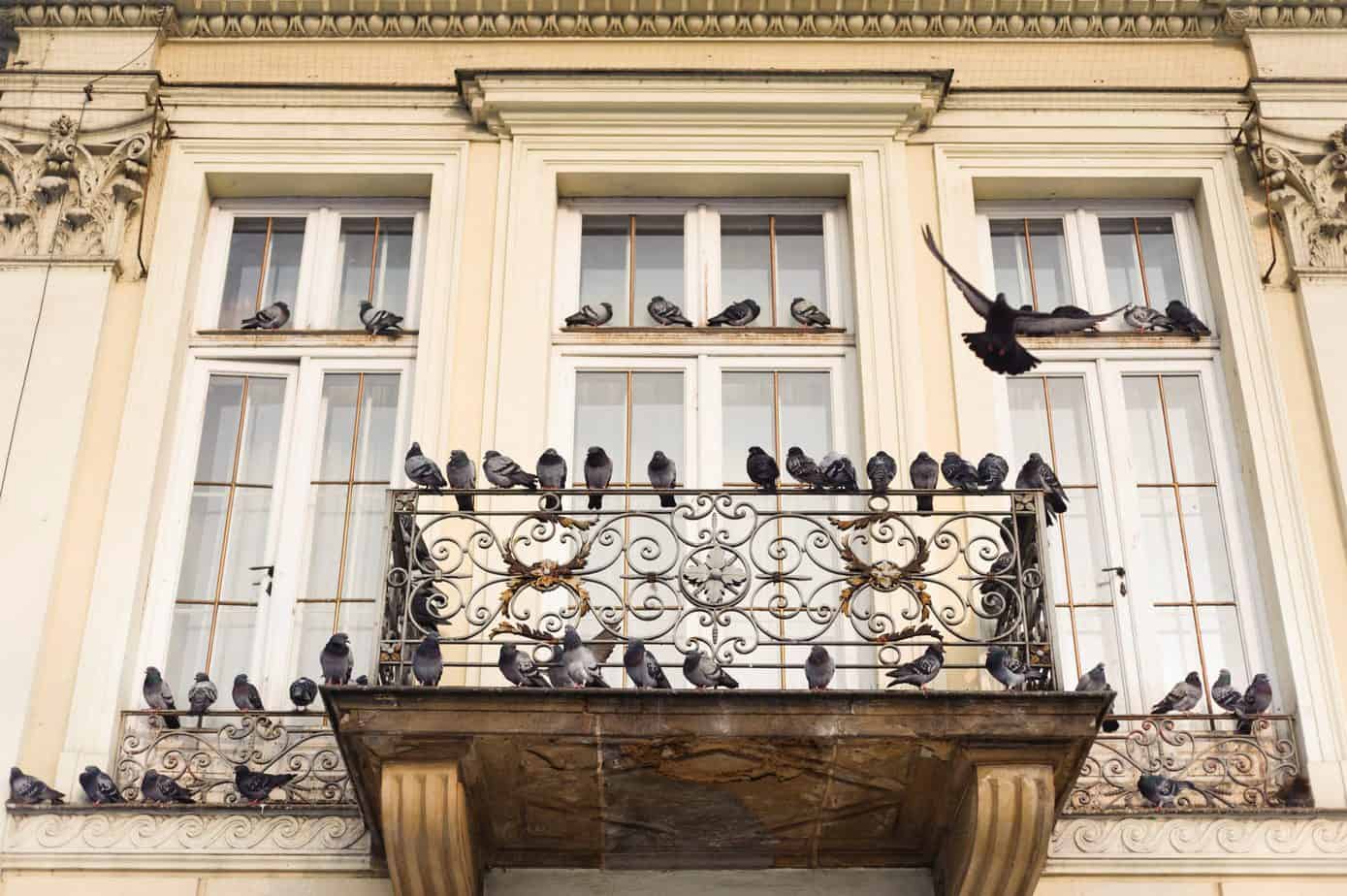

Articles
How To Stop Birds From Pooping On My Balcony
Modified: August 23, 2024
Discover effective methods to prevent birds from leaving unwanted droppings on your balcony. Read our informative articles and say goodbye to messy clean-ups!
(Many of the links in this article redirect to a specific reviewed product. Your purchase of these products through affiliate links helps to generate commission for Storables.com, at no extra cost. Learn more)
Introduction
Having a balcony is a wonderful addition to any home – a place to relax, enjoy the view, and maybe even soak up some sunshine. However, one unwelcome visitor can quickly detract from these enjoyable moments: birds. Birds, with their frequent visits and inevitable droppings, can turn your tranquil balcony into a messy and frustrating space. If you’re tired of constantly cleaning up after these feathered visitors, you’re not alone.
Fortunately, there are effective ways to prevent birds from pooping on your balcony and reclaim your outdoor space. In this article, we will explore various strategies and techniques to deter birds from frequenting your balcony and leaving behind their unwanted mess.
Before we delve into the solutions, it’s important to understand the underlying reasons why birds are attracted to your balcony in the first place. Birds, naturally curious creatures, are often enticed by the abundance of food sources, perching spots, or nesting opportunities that your balcony might offer. By identifying and addressing these factors, you can create an environment that is less appealing to birds and discourage them from visiting.
It’s also essential to consider the potential risks and consequences associated with birds frequenting your balcony. While the droppings may seem like a mere annoyance, they can actually cause damage to your balcony surfaces, plants, and furniture. Moreover, bird droppings can carry bacteria and parasites that pose health risks to you and your family.
By taking proactive measures to deter birds, you not only protect your balcony from damage but also ensure a hygienic and enjoyable outdoor space for yourself and your loved ones. In the following sections, we will explore different approaches to solving the bird poop problem, ranging from physical deterrents and visual distractions to professional assistance.
So, if you’re tired of constantly cleaning up after birds and want to enjoy your balcony without worrying about their droppings, read on. We have curated a comprehensive guide to help you reclaim your balcony and keep it bird-free.
Key Takeaways:
- Understanding the behavior and motivations of birds is crucial in implementing effective deterrent strategies. By addressing environmental factors and utilizing physical and visual deterrents, you can reclaim your balcony from unwanted bird visitors.
- Maintaining a clean balcony, applying bird repellent gels or sprays, and seeking professional assistance are additional measures to consider when dealing with persistent bird issues. Striking a balance between humane deterrence and effective bird control is essential for reclaiming your outdoor space.
Read more: How To Stop Birds From Pooping On A Patio
Understanding the Problem
Before we tackle the problem of birds pooping on your balcony, let’s take a moment to understand why this is happening in the first place. By gaining insight into the behavior and motivations of birds, we can better address the issue and implement effective deterrents.
One of the main reasons birds are attracted to your balcony is the availability of food. Whether you have a bird feeder, potted plants, or residues from outdoor meals, these food sources can be irresistible to birds. They see your balcony as a convenient place to find a tasty meal or a quick snack.
Another key factor that attracts birds is the ample perching or nesting opportunities on your balcony. Birds are constantly on the lookout for safe and comfortable spots to rest or build their nests. If your balcony provides suitable perching structures, such as railings, ledges, or even furniture, birds will be drawn to it.
It’s also important to note that different bird species have varying preferences and behaviors. Some birds, like pigeons and seagulls, are more commonly found in urban areas and may be more prone to pooping on balconies. Others, such as sparrows or finches, may visit your balcony in search of food or nesting spots.
Now that we understand why birds are attracted to your balcony, it’s essential to assess the risks and consequences associated with their presence. Besides the annoyance of constantly cleaning up bird droppings, there are potential health risks involved.
Bird droppings can carry a multitude of bacteria, viruses, fungi, and parasites that can be harmful to human health. These pathogens can cause respiratory issues, allergies, and even diseases like salmonellosis or histoplasmosis. Therefore, it’s crucial to address the problem of birds pooping on your balcony not only for aesthetic reasons but also for your well-being and that of your family.
Now that we have a better understanding of the problem, let’s move on to the next section: identifying the common bird species that may be causing the issue. By knowing the specific types of birds that visit your balcony, we can tailor our deterrent strategies to be more effective.
Assessing the Risks and Consequences
When birds regularly visit and perch on your balcony, leaving behind their droppings, it’s important to assess the risks and consequences associated with this issue. While bird droppings may seem like an aesthetic nuisance, they can actually pose several risks to both your health and the condition of your balcony.
One of the primary concerns is the potential damage that bird droppings can cause to your balcony surfaces. The acidic nature of bird droppings can corrode and stain materials such as wood, metal, paint, and concrete. Over time, this corrosion can weaken the structural integrity of your balcony and lead to costly repairs or replacements.
In addition to surface damage, bird droppings can also harm your plants and vegetation. The high levels of nitrogen in bird droppings can burn and kill plants, causing them to wither and die. If you have a beautiful balcony garden, the presence of birds can jeopardize your hard work and investment.
Furthermore, bird droppings can be slippery and pose a safety hazard, especially when wet. If you or your guests accidentally step on bird droppings, it can result in falls and injuries. Keeping your balcony free from bird droppings minimizes the risks of slips and falls, ensuring a safe environment for everyone.
Aside from the physical consequences, bird droppings can also carry various diseases and parasites. The pathogens present in bird droppings can cause respiratory issues, allergic reactions, and infections when inhaled or touched. This is particularly concerning if you have children or individuals with compromised immune systems in your household.
To minimize the risks and consequences associated with birds pooping on your balcony, it’s crucial to take proactive measures and implement effective bird deterrent strategies. By doing so, you can protect the longevity of your balcony, maintain a safe environment, and safeguard your health.
Now that we have assessed the risks and consequences, let’s move on to the next section, where we will explore the common bird species that might be causing this problem. Understanding the behavior and preferences of these bird species will help us develop targeted deterrent strategies.
Identifying Common Bird Species
When it comes to addressing the issue of birds pooping on your balcony, it’s important to identify the specific bird species that are causing the problem. Understanding the behavior, habits, and preferences of these birds will allow us to implement targeted deterrent strategies that are most effective for each species.
Here are some common bird species that are likely to be found near urban areas and may be responsible for pooping on your balcony:
- Pigeons: Pigeons are one of the most common bird species found in urban environments. They are known for their large numbers, adaptable nature, and ability to thrive in urban settings. Pigeons are attracted to areas where they can find food, water, and roosting spots. They are often found in flocks and can be persistent when it comes to nesting and perching on balconies.
- Seagulls: Seagulls, although more commonly associated with coastal areas, can also be found in urban settings near bodies of water. These birds are opportunistic feeders, scavenging for food in both coastal and inland areas. Seagulls have a tendency to perch on tall structures, including balconies, in search of food sources.
- Sparrows: Sparrows are small, social birds that are commonly found in residential areas. They are attracted to environments that offer food, such as bird feeders or balcony gardens. Sparrows often build their nests near human habitation, including underneath balcony eaves.
- Starlings: Starlings are known for their gregarious behavior and their ability to mimic sounds and songs. These birds can form large flocks, especially during migration periods. Starlings are attracted to areas where they can find food, such as fruit-bearing trees or bird feeders.
- Finches: Finches are small, colorful birds that are often found near residential areas with gardens or green spaces. They are attracted to areas where they can find seeds, fruits, or nectar. Finches may visit your balcony in search of food or nesting spots.
By identifying the bird species that are causing the problem, you can tailor your deterrent strategies to be more effective. Different bird species have different preferences and behaviors, which means that what works for one species may not work for another. This knowledge will help you determine the best approach to keeping these birds away from your balcony.
Now that we have identified some common bird species that might be visiting your balcony, let’s move on to the next section, where we will research their behavior and understand local bird behavior patterns. This information will further inform our bird deterrent strategies.
Researching Local Bird Behavior
Understanding the behavior and habits of local bird species is crucial when it comes to effectively deterring them from your balcony. By familiarizing yourself with the specific behavior patterns of the bird species in your area, you can develop targeted strategies that address their unique preferences and motivations.
One way to research local bird behavior is by observing them in their natural habitats. Take the time to visit nearby parks, nature reserves, or even your own neighborhood. Observe the types of birds present, their feeding habits, nesting locations, and preferred perching spots. Pay attention to any bird congregations or patterns that might indicate their movement in and around residential areas.
Another valuable resource for researching local bird behavior is birding websites, field guides, or local birding communities. These platforms provide valuable information and insights into specific bird species, their migration patterns, nesting habits, and preferred food sources. By learning more about the birds in your area, you can tailor your bird deterrent strategies to specifically target their behaviors and preferences.
Additionally, speaking with local wildlife experts, bird enthusiasts, or even pest control professionals can provide valuable insights into the behavior of local bird populations. They can share their experiences, knowledge, and offer advice on effective bird deterrent methods that have worked in similar situations.
Remember that each region may have its own unique bird species, migration patterns, and behaviors. Therefore, it’s essential to focus on the local bird population in your area. By familiarizing yourself with their behavior, you can implement effective measures to discourage them from frequenting your balcony.
Now that we have researched the behavior of local bird species in your area, it’s time to move on to analyzing the environmental factors that attract birds to your balcony. Understanding these factors will guide us in implementing effective bird deterrent strategies in the next sections.
Read more: How To Clean Bird Poop Off The Balcony
Analyzing Environmental Factors
When it comes to deterring birds from your balcony, it’s important to analyze the environmental factors that attract them in the first place. By identifying and addressing these factors, you can create an environment that is less appealing to birds and discourages their frequent visits.
Here are some environmental factors to consider:
- Food Sources: Birds are attracted to areas where they can find food. Assess the availability of food sources on your balcony, such as bird feeders, open garbage cans, or leftover crumbs from outdoor meals. Removing or minimizing these food sources can help discourage birds from visiting.
- Water Sources: Birds need access to water for drinking and bathing. If you have a birdbath, fountain, or other water feature on your balcony, it can attract birds. Consider removing or covering any water sources to make your balcony less enticing to birds.
- Nesting Opportunities: Birds are always on the lookout for safe spots to build their nests. Assess your balcony for any potential nesting sites, such as unsealed gaps, crevices, or open structures. Seal off these areas to prevent birds from nesting on your balcony.
- Perching Spots: Birds need comfortable perching spots to rest and observe their surroundings. Look for areas on your balcony where birds might find a suitable perch, such as railings or ledges. Consider adding physical deterrents like spikes or netting to make these perching spots less inviting.
- Plant Life: Evaluate the type of plants and vegetation on your balcony. Certain plants may attract birds due to their fruits, seeds, or nectar. Consider choosing bird-resistant plants or using physical barriers like netting to protect your plants from bird damage.
- Lighting and Noise: Birds can be sensitive to bright lights and loud noises. Assess the lighting and noise levels on your balcony, especially during nighttime hours. Consider using motion-activated lights or playing soft background music to deter birds from roosting or perching.
- Cleanliness: Birds are more likely to frequent areas that offer a ready supply of food and a lack of predators. Keep your balcony clean and free from food debris, spills, or trash that could attract birds.
By analyzing and addressing these environmental factors, you can significantly reduce the attractiveness of your balcony to birds. Creating an environment that is less appealing to birds will make it more likely for them to seek alternative locations and spare your balcony from their droppings.
Now that we have analyzed the environmental factors, it’s time to move on to implementing physical deterrents as a proactive measure to keep birds away from your balcony.
Implementing Physical Deterrents
When it comes to effectively deterring birds from your balcony, physical deterrents can be an effective and long-term solution. By implementing these deterrents, you create an inhospitable environment for birds, discouraging them from perching, nesting, or roosting on your balcony. Here are some physical deterrent options to consider:
- Bird Spikes: Bird spikes are narrow, pointed strips that can be installed along ledges, railings, or other perching spots. These spikes create an uncomfortable surface that birds cannot comfortably land on, making your balcony less inviting to them.
- Bird Netting: Installing bird netting can effectively prevent birds from accessing your balcony. The netting forms a barrier that prevents birds from entering while allowing light and air to pass through. Be sure to install the netting securely and ensure there are no gaps for birds to enter.
- Scare Tape or Reflective Objects: Birds can be frightened by shiny or reflective objects. Hang strips of scare tape or objects like CDs, aluminum foil, or reflective pinwheels near your balcony to create visual distractions that deter birds from landing or perching.
- Visual Predators: Placing decoy predators, such as hawk or owl statues, on your balcony can intimidate birds and discourage them from approaching. Move these decoys periodically to avoid birds realizing they’re not real.
- Ultrasonic Devices: Ultrasonic devices emit high-frequency sounds that are unpleasant to birds but are inaudible to humans. These devices can be effective in repelling birds from your balcony. Place them strategically to cover the desired area.
Before implementing any physical deterrents, consider checking the regulations in your area as some methods, such as bird spikes, may have restrictions or require permission. It’s also important to ensure that these physical deterrents are installed safely and do not pose any hazards to birds or other wildlife.
Remember, the effectiveness of physical deterrents can vary depending on the specific bird species and their behavior in your area. Monitoring the situation and making adjustments as needed is crucial to maintaining long-term success in deterring birds from your balcony.
In the next sections, we will explore additional deterrent strategies, including creating visual and auditory distractions, applying bird repellent gels or sprays, maintaining a clean balcony area, and seeking professional assistance.
Try using visual deterrents like shiny objects or predator silhouettes. Keep the balcony clean and free of food sources. Consider installing bird spikes or a physical barrier.
Installing Bird Spikes or Netting
When it comes to preventing birds from landing and perching on your balcony, one effective physical deterrent is the installation of bird spikes or netting. These deterrents create barriers that make it difficult or uncomfortable for birds to access your balcony, significantly reducing their presence and the accumulation of bird droppings.
Bird Spikes: Bird spikes are narrow, pointed strips typically made of stainless steel or plastic. They are designed to be installed along ledges, railings, and other perching spots where birds tend to gather. The spikes create an uneven surface that makes it challenging for birds to land or perch comfortably.
When installing bird spikes, it is important to ensure they are securely attached and cover the entire length of the desired area. This prevents birds from finding gaps in the spikes and still accessing your balcony. Additionally, regularly inspect and clean the spikes to remove any debris or droppings that might accumulate.
Bird Netting: Bird netting is a physical barrier made of fine mesh or net material that can be installed to cover larger areas, such as entire balconies or specific sections. The netting acts as a barrier, preventing birds from accessing your balcony while allowing sunlight and air to pass through.
When installing bird netting, properly secure the edges to ensure there are no gaps or loose sections that birds can enter through. It’s important to tighten the netting so it is taut and not sagging, as this can provide a landing surface for birds. Regularly inspect the netting for any holes, tears, or damage, and repair or replace as needed.
Both bird spikes and netting are humane and environmentally friendly deterrent options. They do not harm birds but simply discourage them from landing and perching on your balcony. Additionally, bird spikes and netting are long-lasting solutions that can effectively reduce bird presence and the associated problem of droppings.
Before installing bird spikes or netting, it’s important to check local regulations and any restrictions that may be in place. Some areas may have specific requirements or permissions needed for these deterrents. Compliance with local regulations ensures that you are taking the appropriate steps to deter birds while also adhering to legal guidelines.
In addition to installing bird spikes or netting, there are other deterrent strategies we will explore in the next sections, including creating visual and auditory distractions, applying bird repellent gels or sprays, maintaining a clean balcony area, and seeking professional assistance.
Creating Visual and Auditory Distractions
When it comes to deterring birds from your balcony, creating visual and auditory distractions can be an effective strategy. By introducing elements that birds find visually or audibly unsettling, you can discourage them from perching or nesting on your balcony. Here are some techniques to consider:
Scare Tape: Scare tape, also known as reflective tape, is a simple and cost-effective method to create visual distractions for birds. The reflective surfaces of the tape create flashes of light that birds find intimidating or confusing. Hang strips of scare tape near your balcony, allowing them to move freely in the wind. This erratic movement and reflective effect can discourage birds from landing or perching.
Reflective Objects: In addition to scare tape, you can hang various reflective objects on your balcony to create visual distractions. CDs, aluminum foil strips, or reflective pinwheels are all effective options. Hang them in areas where birds tend to land or perch, ensuring they catch the sunlight and create flashes of light that deter birds.
Predator Decoys: Birds are naturally cautious of predators. Placing decoys of predatory birds, such as hawk or owl statues, on your balcony can create a sense of threat and deter other birds from approaching. Move these decoys periodically to prevent birds from realizing they are not real.
Motion-activated Devices: Motion-activated devices can startle birds with sudden noises or movements. For example, installing a motion-activated sprinkler system on your balcony can deter birds with bursts of water when they approach. You can also consider motion-activated audio devices that emit distress or predator calls to deter birds. Be mindful of your neighbors and ensure that these devices are used appropriately and within noise regulations.
Scarecrows or Wind Chimes: Scarecrows and wind chimes can create both visual and auditory distractions for birds. The movement and noise generated by wind chimes can be unsettling to birds, while scarecrows can create the illusion of a human presence, deterring birds from approaching your balcony.
It’s important to note that birds can become accustomed to and ignore visual or auditory deterrents over time. To maintain their effectiveness, be sure to periodically change the placement or appearance of these distractions to keep birds on their toes.
Creating visual and auditory distractions is just one of the many strategies to consider when deterring birds from your balcony. In the next sections, we will explore additional deterrent methods, such as applying bird repellent gels or sprays, maintaining a clean balcony area, and seeking professional assistance.
Read more: How To Remove Bird Poop From A Patio
Applying Bird Repellent Gels or Sprays
If you’re looking for a non-intrusive deterrent method to keep birds away from your balcony, applying bird repellent gels or sprays can be an effective solution. These products create an uncomfortable or unpleasant surface for birds, discouraging them from landing or perching on your balcony.
Bird Repellent Gels: Bird repellent gels are sticky substances that birds find unpleasant to land or walk on. These gels can be applied to surfaces where birds frequently perch, such as railings, ledges, or window sills. The sticky texture of the gel makes it uncomfortable for birds to settle, encouraging them to seek alternative perching spots.
When applying bird repellent gels, it’s important to follow the manufacturer’s instructions carefully. Clean the surfaces thoroughly before application to ensure maximum effectiveness. Additionally, regularly inspect and reapply the gel as needed, especially after heavy rain or strong winds that may remove or dilute the gel.
Bird Repellent Sprays: Bird repellent sprays are liquid solutions that can be sprayed onto surfaces to make them unattractive to birds. These sprays typically contain a combination of natural deterrents, such as bitter tastes or strong odors, that birds find unpleasant. The spray can be applied to areas where birds tend to perch or nest.
When using bird repellent sprays, it’s important to carefully read and follow the instructions provided by the manufacturer. Ensure proper ventilation when applying the spray and avoid direct contact with your skin or eyes. Regular reapplication may be necessary, especially after rain or as the scent diminishes over time.
Both bird repellent gels and sprays are humane and environmentally friendly options as they do not harm birds. Instead, they create an uncomfortable or unpleasant experience, prompting birds to seek alternative locations.
Before applying bird repellent gels or sprays, it’s essential to test the product on a small, inconspicuous area of your balcony surface to ensure compatibility and to avoid any potential damage or discoloration. Always follow the instructions provided by the manufacturer to ensure safe and effective use.
While bird repellent gels or sprays can be effective deterrents, it’s important to consider them as one part of a comprehensive approach to bird control. Incorporating other deterrent strategies, such as physical barriers, visual distractions, or maintaining a clean balcony area, can enhance the overall effectiveness of bird repellents.
In the next sections, we will explore additional methods, such as maintaining a clean balcony area and seeking professional assistance, to further deter birds from your balcony.
Using Decoy Predators or Scare Devices
If you’re looking to create a natural deterrent for birds on your balcony, utilizing decoy predators or scare devices can be an effective strategy. Birds are naturally wary of predators and tend to avoid areas where they perceive a threat. By introducing decoy predators or scare devices, you can create an environment that discourages birds from perching or nesting on your balcony.
Decoy Predators: Using decoy predators, such as hawk or owl statues, can effectively deter birds from your balcony. Birds recognize these predators as threats and will be less likely to approach or perch in the vicinity. Place the decoy predator in a visible location on your balcony and move it periodically to maintain its effectiveness.
When using decoy predators, it’s important to choose quality replicas that closely resemble the actual predator. Birds can learn to recognize decoys that do not resemble actual threats, so authenticity is key. Additionally, consider placing the decoy at eye level, as birds are more likely to perceive it as a real threat when it is at their level.
Scare Devices: Scare devices are tools that create visual or auditory disturbances, scaring birds away from your balcony. Here are some common scare devices:
- Windsocks or Flags: Windsocks or flags create movement and noise in the wind, deterring birds from landing or perching in the area. Place these devices strategically on your balcony to create a sense of turbulence that birds find unsettling.
- Balloons or Kites: Large, brightly colored balloons or kites can create a visually stimulating and unpredictable environment for birds. The movement and reflection of light on these objects can scare birds away from your balcony.
- Ultrasound Devices: Ultrasound devices emit high-frequency sounds that are inaudible to humans but can be unsettling to birds. These devices can be programmed to emit distress calls, predator sounds, or other deterrent noises. Use them responsibly and ensure they comply with local regulations regarding noise levels.
When using scare devices, it is important to regularly change their location or appearance. Birds can become accustomed to stationary scare devices, rendering them less effective over time. By introducing variations, you maintain the element of surprise and increase the chances of deterring birds from your balcony.
While decoy predators and scare devices can provide effective bird deterrents, it’s important to remember that they may have varying levels of effectiveness depending on the bird species and their behavior in your area. Monitoring their effectiveness and switching up strategies as needed is key to maintaining successful bird control.
In the next sections, we will explore additional methods, such as maintaining a clean balcony area and seeking professional assistance, to further deter birds and keep your balcony free from their droppings.
Maintaining a Clean Balcony Area
Keeping your balcony clean is an essential part of deterring birds from frequenting your space and leaving behind their droppings. A clean balcony area not only removes potential food sources for birds, but it also eliminates inviting conditions that may attract them. Here are some tips for maintaining a clean balcony:
Remove Food Sources: Birds are attracted to areas where they can find food. Regularly clean up any food debris, spills, or crumbs on your balcony. This includes removing bird feeders or securing them in a location away from your balcony. By eliminating these food sources, you remove the incentive for birds to visit your balcony.
Keep Trash Secure: Ensure that your balcony’s trash receptacles are tightly sealed to prevent birds from scavenging through them. Consider using animal-proof trash cans or bags to minimize odors and prevent bird access. Regularly empty and clean the trash cans to avoid any lingering food smells.
Monitor and Clean Water Sources: If you have a birdbath, fountain, or other water feature on your balcony, keep it clean and free from stagnant water. Regularly change the water to prevent mosquitoes from breeding, which could attract birds seeking a water source.
Regularly Clean Surfaces: Birds are more likely to perch or nest on your balcony if it offers a comfortable environment. Regularly clean the surfaces, such as railings, ledges, and furniture, to remove any bird droppings or debris. Use mild detergents or cleaning solutions suitable for the material of your balcony surfaces.
Trim Nearby Trees and Shrubs: If there are overhanging trees or shrubs near your balcony, consider trimming them to reduce the number of perching spots for birds. This limits their access to your balcony and discourages their presence.
Invest in Balcony Enclosures: Installing balcony enclosures, such as screens or mesh netting, can create a physical barrier that prevents birds from accessing your balcony. These enclosures also provide additional protection against insects and other pests.
Maintaining a clean balcony not only deters birds but also promotes a pleasant and healthy outdoor space for you to enjoy. By removing any potential food sources, minimizing perching spots, and keeping the area tidy, you create an environment that is less attractive to birds and reduces the likelihood of them leaving their droppings behind.
In the next section, we will explore the option of seeking professional assistance for bird control if the problem persists despite your best efforts.
Seeking Professional Assistance
If you have tried various deterrent methods but find that birds continue to be a persistent problem on your balcony, it may be time to consider seeking professional assistance. Professional bird control companies specialize in managing bird-related issues and can provide effective solutions tailored to your specific situation. Here are some reasons why you might want to consider professional assistance:
Expert Knowledge: Professional bird control companies have extensive knowledge and experience in dealing with bird-related issues. They can accurately identify the bird species causing the problem, understand their behavior, and implement appropriate strategies to deter them effectively.
Specialized Tools and Techniques: Professional bird control companies have access to specialized tools, equipment, and techniques that may not be readily available to homeowners. These resources can help address bird issues more effectively and efficiently.
Long-Term Solutions: While homemade or DIY bird control methods can provide temporary relief, professional assistance offers long-term solutions. Bird control companies can provide comprehensive bird management plans to address the issue at its root and prevent future bird infestations.
Humane Practices: Professional bird control companies prioritize humane practices to deter birds without causing harm. They are knowledgeable about local regulations and ethical considerations and can recommend and implement methods that are safe for birds and the environment.
Peace of Mind: Dealing with persistent bird issues on your own can be frustrating and time-consuming. By hiring professionals, you can have peace of mind knowing that experts are handling the problem, allowing you to focus on enjoying your balcony without the inconvenience of bird droppings or damage.
When seeking professional assistance, research and choose a reputable bird control company in your area. Look for companies with positive reviews, relevant experience, and certifications. Consultation with multiple companies can also give you a better understanding of the services offered, their approach to bird control, and the estimated costs.
Remember, professional assistance should be considered when DIY methods have proven ineffective or when the bird problem poses significant risks or challenges. By working with professionals, you can find a customized solution to effectively deter birds from your balcony.
As we conclude, a combination of DIY methods, such as physical deterrents, visual distractions, and maintaining a clean balcony area, can help deter birds. However, when these methods fail to provide satisfactory results, seeking professional assistance can be the next step towards resolving the persistent bird issue.
Conclusion
Dealing with birds pooping on your balcony can be a frustrating and unsightly problem, but with the right strategies and deterrents, you can reclaim your outdoor space and enjoy a bird-free environment. By understanding the problem, assessing the risks and consequences, and identifying common bird species, you gain valuable insights into their behavior and motivations.
By researching local bird behavior and analyzing environmental factors, such as food sources and perching spots, you can implement effective measures to make your balcony less attractive to birds. Options like installing bird spikes or netting, creating visual and auditory distractions, applying bird repellent gels or sprays, and using decoy predators or scare devices can all contribute to deterring birds from your balcony.
Additionally, maintaining a clean balcony area by removing food sources, securing trash, and regularly cleaning surfaces can further discourage birds from flocking to your space. If all else fails, seeking professional assistance from a bird control company can provide expert knowledge and long-term solutions to effectively manage the bird problem.
Remember, it’s important to strike a balance between addressing the bird issue and ensuring the well-being of the birds themselves. Choose deterrents and repellents that are humane and eco-friendly, considering local regulations and ethical practices.
By implementing a combination of these strategies and continuously monitoring their effectiveness, you can create a bird-free balcony where you can relax, enjoy the view, and savor your outdoor space without the hassle of bird droppings.
So, don’t let birds take over your balcony. Take control today and make your balcony a clean, comfortable, and bird-free oasis.
Frequently Asked Questions about How To Stop Birds From Pooping On My Balcony
Was this page helpful?
At Storables.com, we guarantee accurate and reliable information. Our content, validated by Expert Board Contributors, is crafted following stringent Editorial Policies. We're committed to providing you with well-researched, expert-backed insights for all your informational needs.
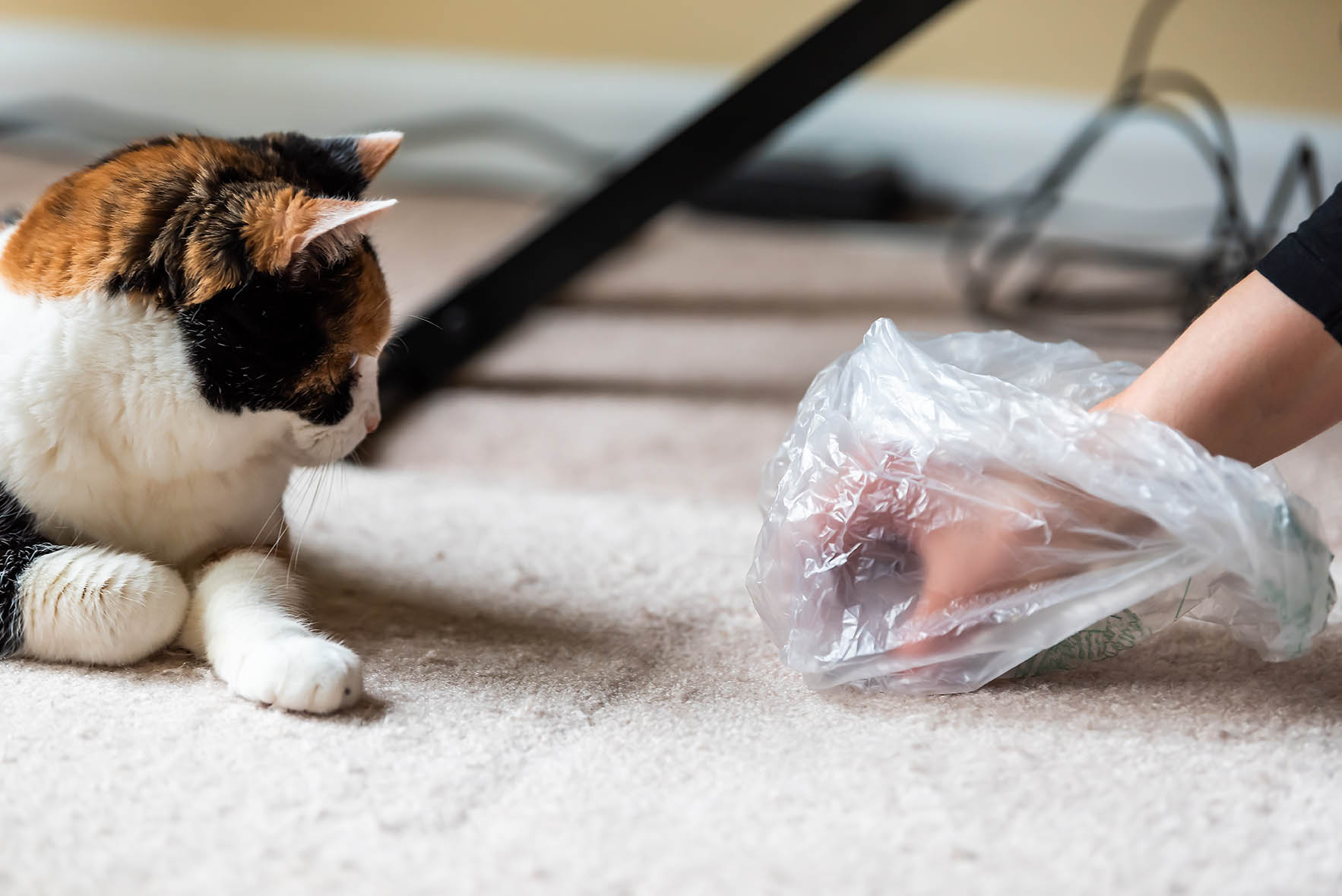
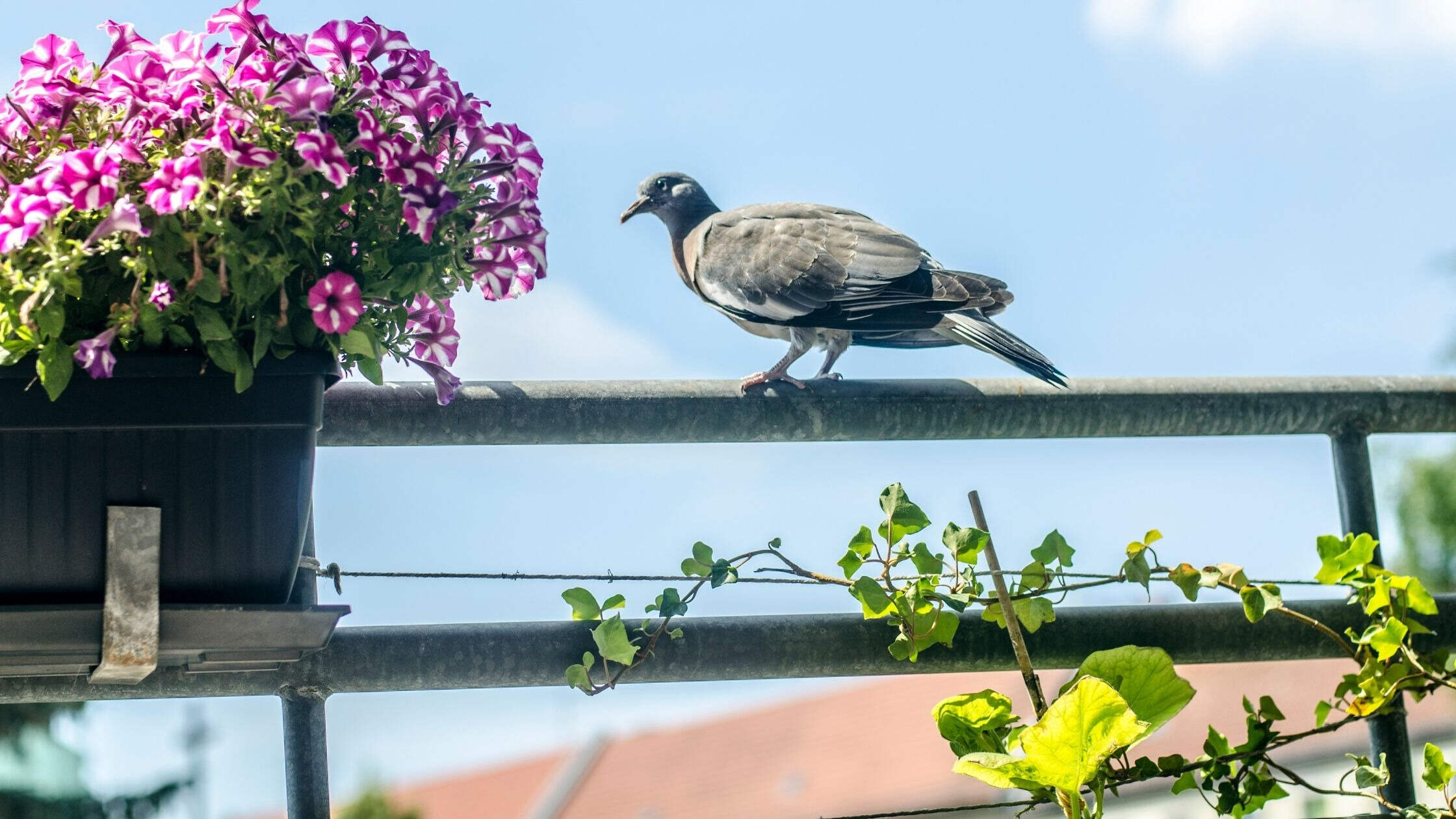
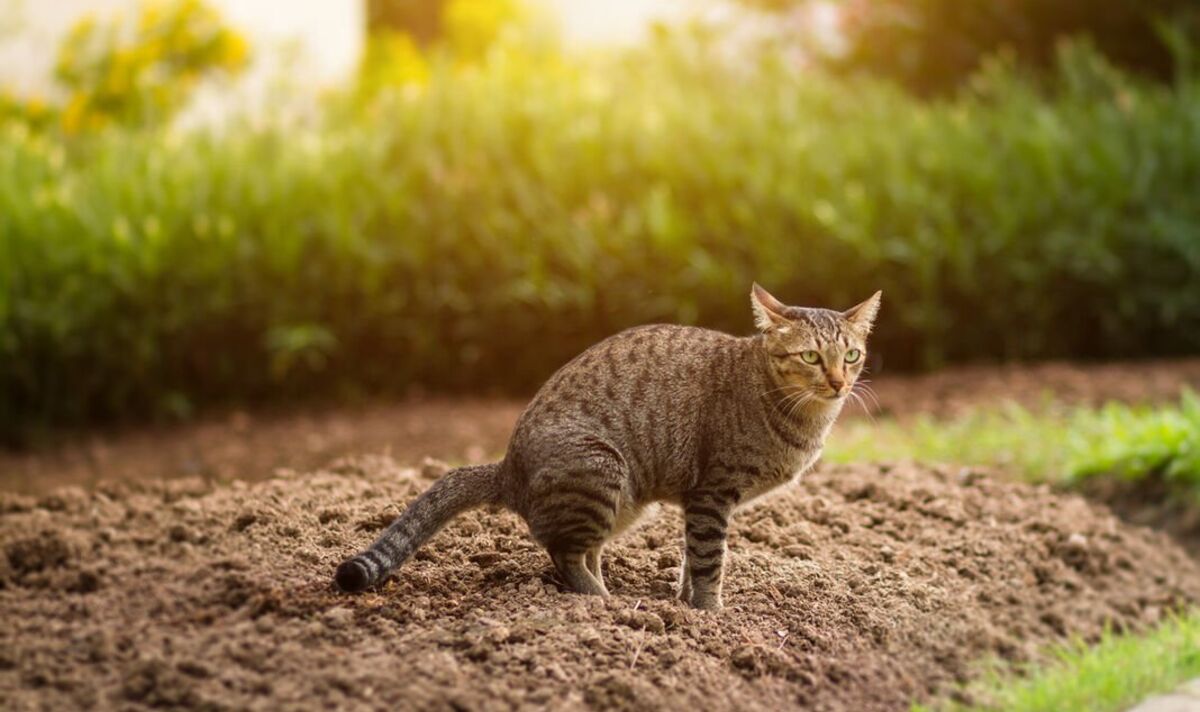
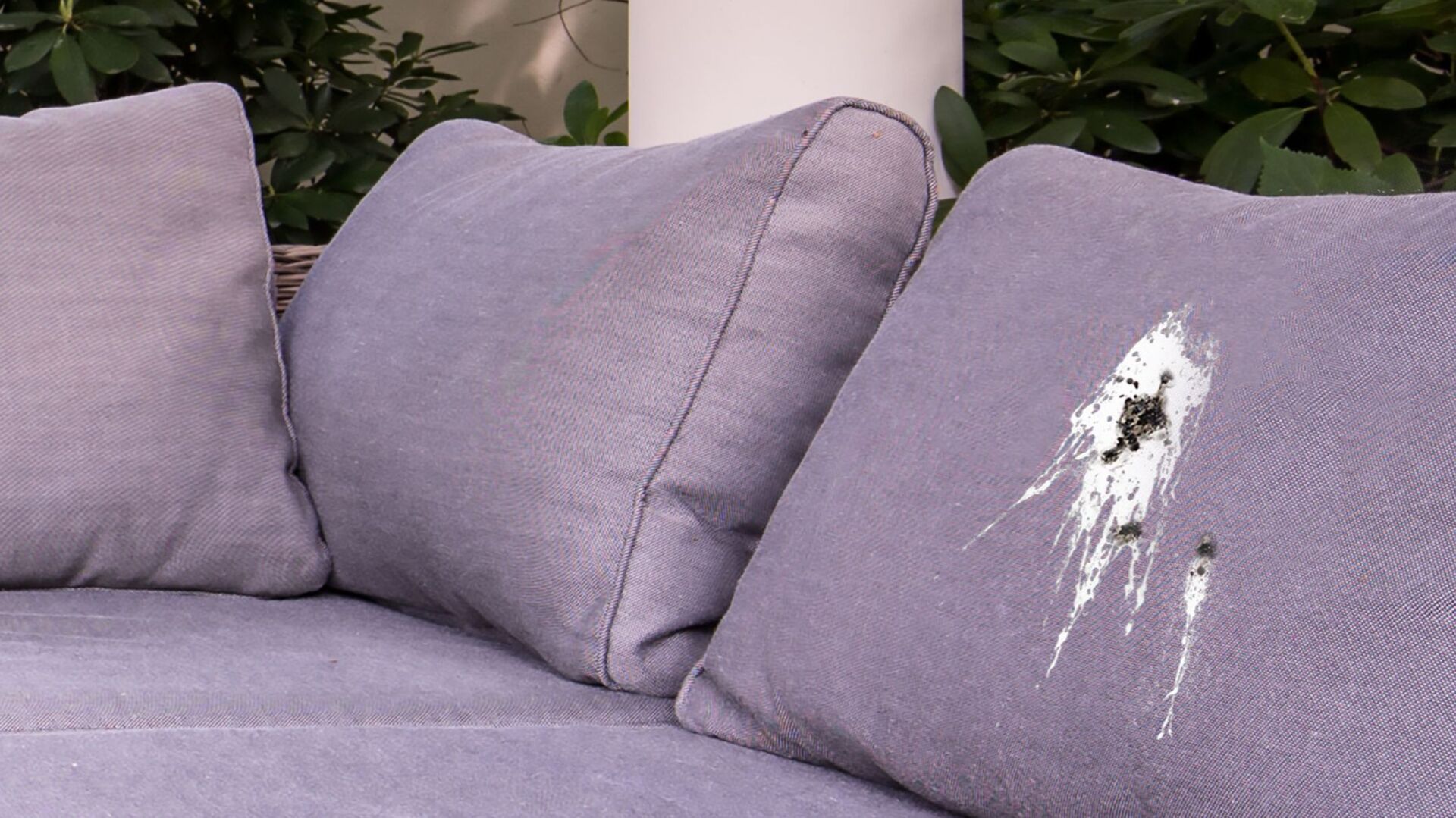
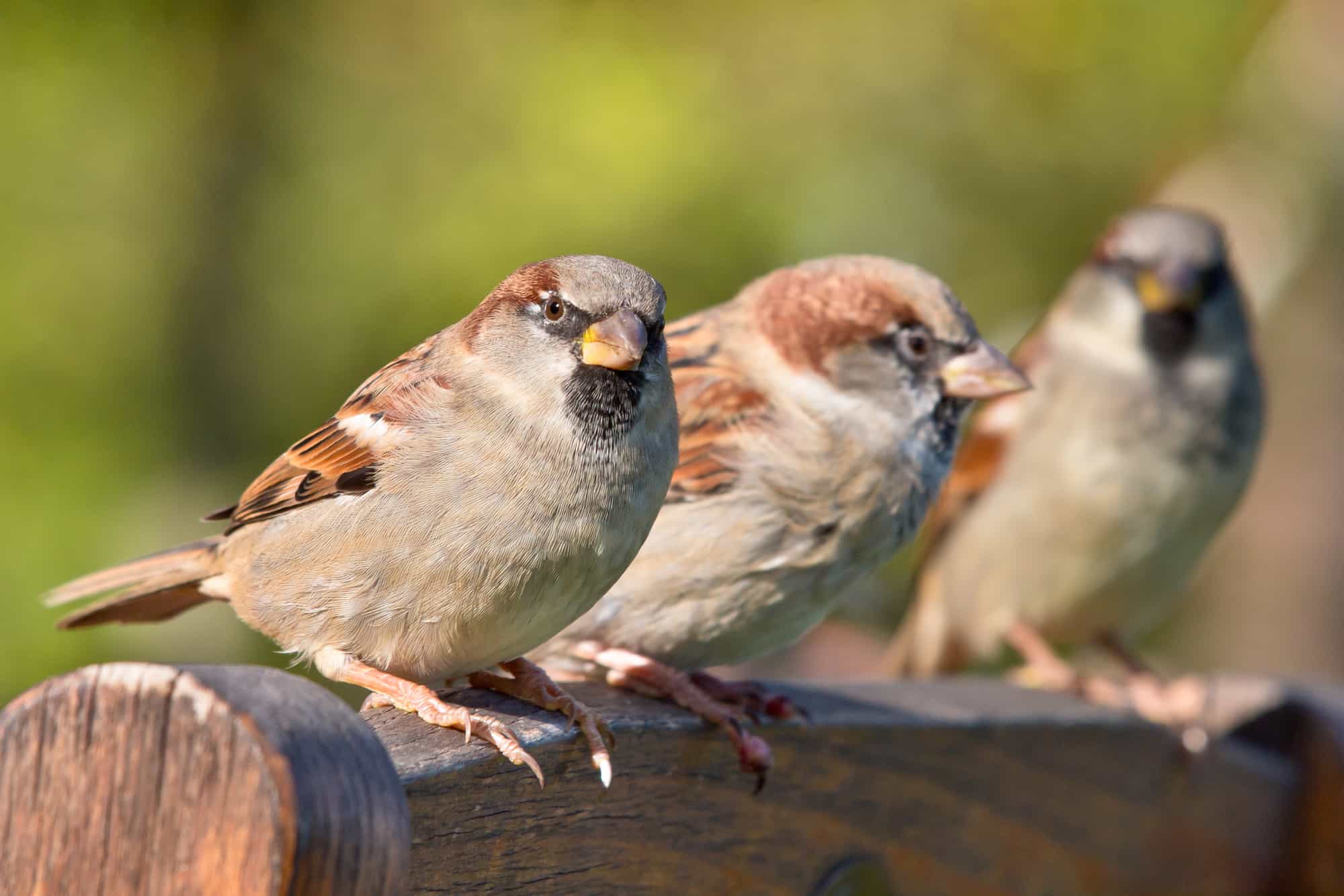
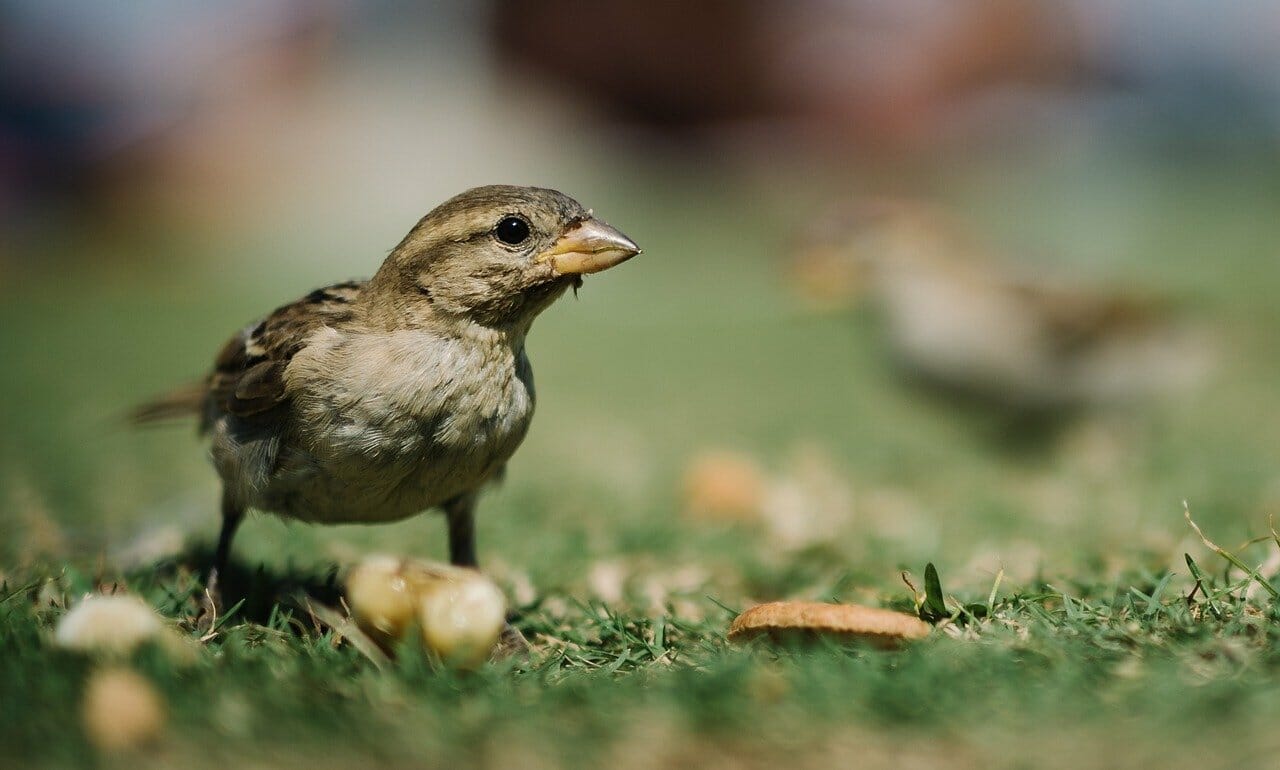
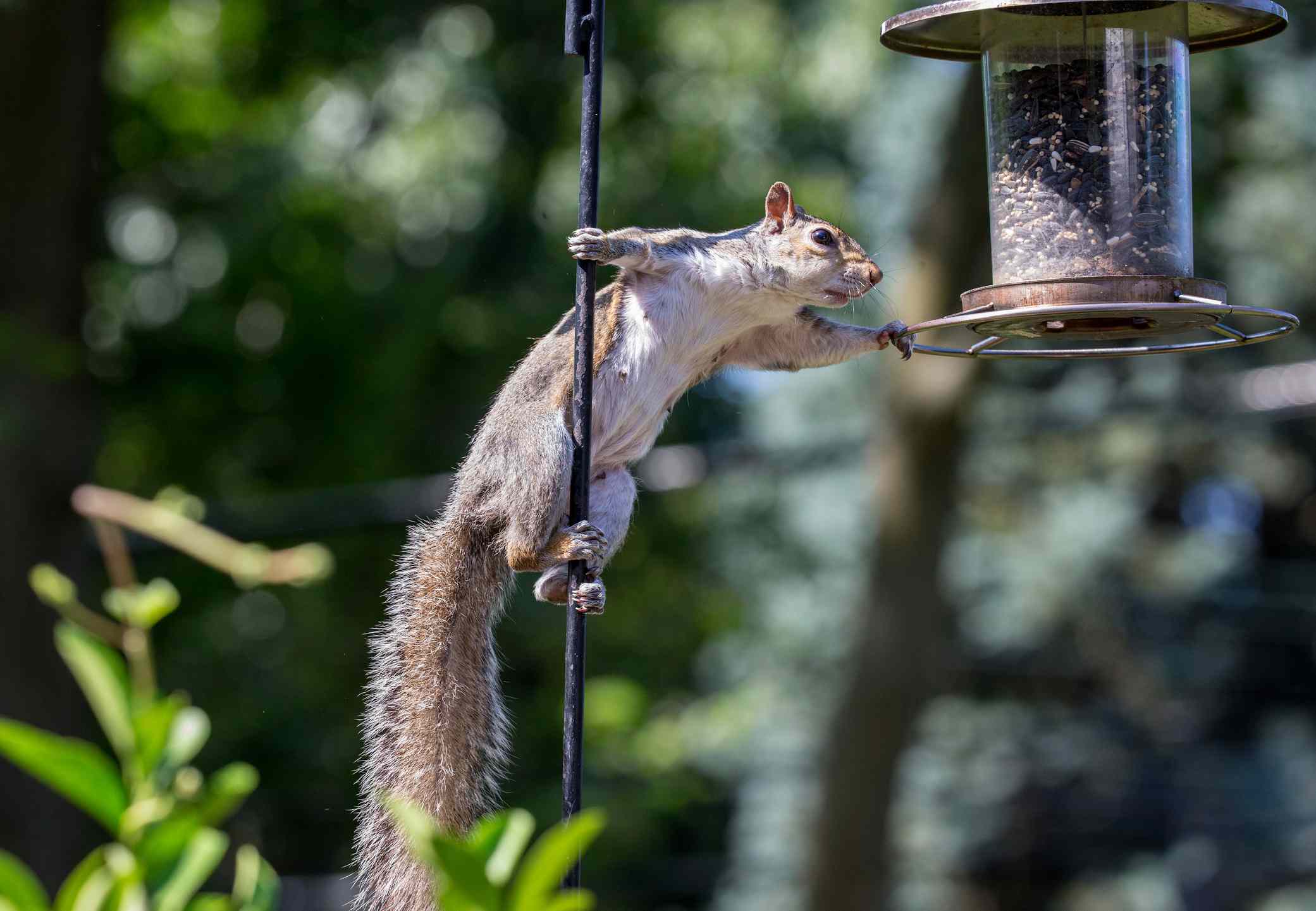
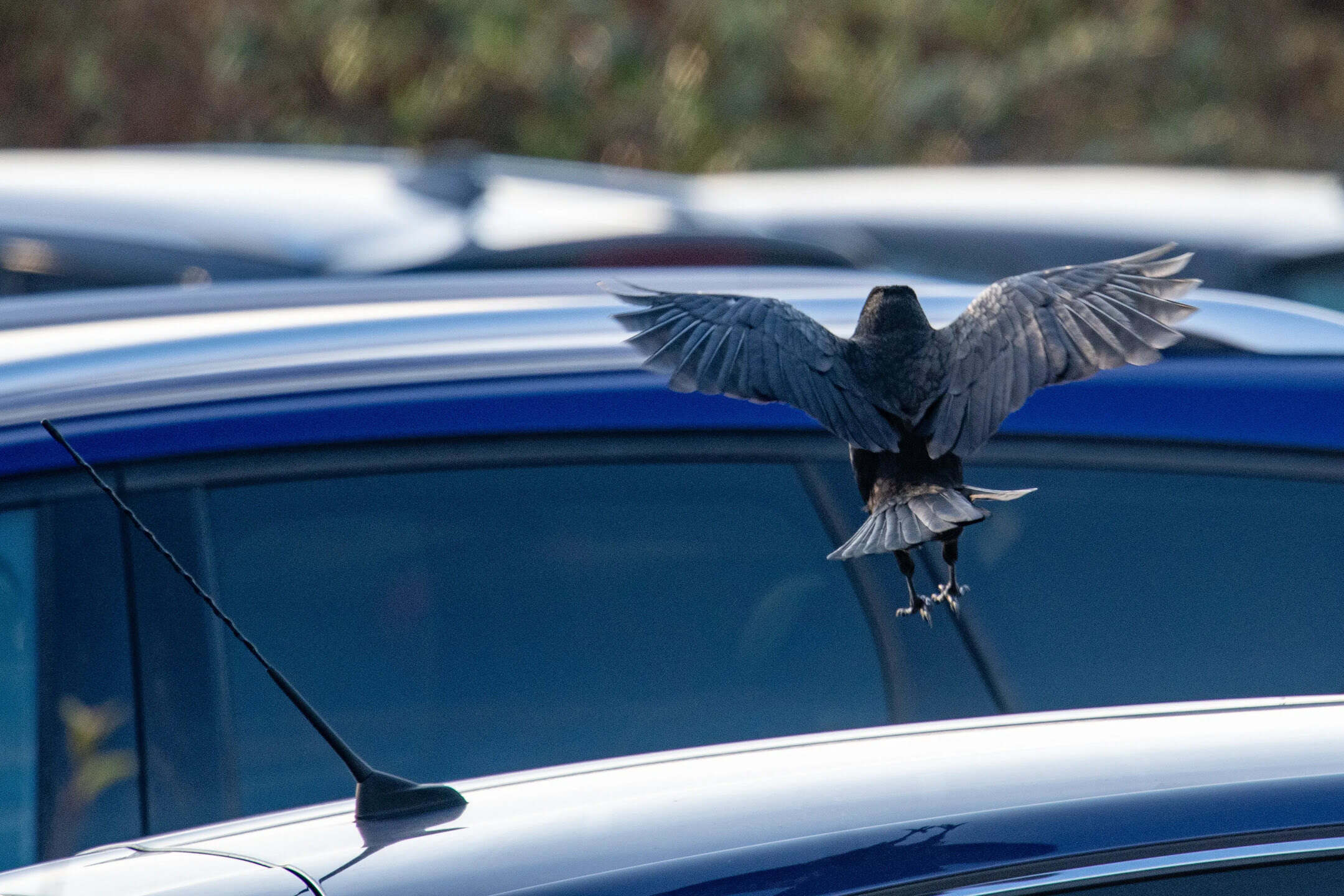
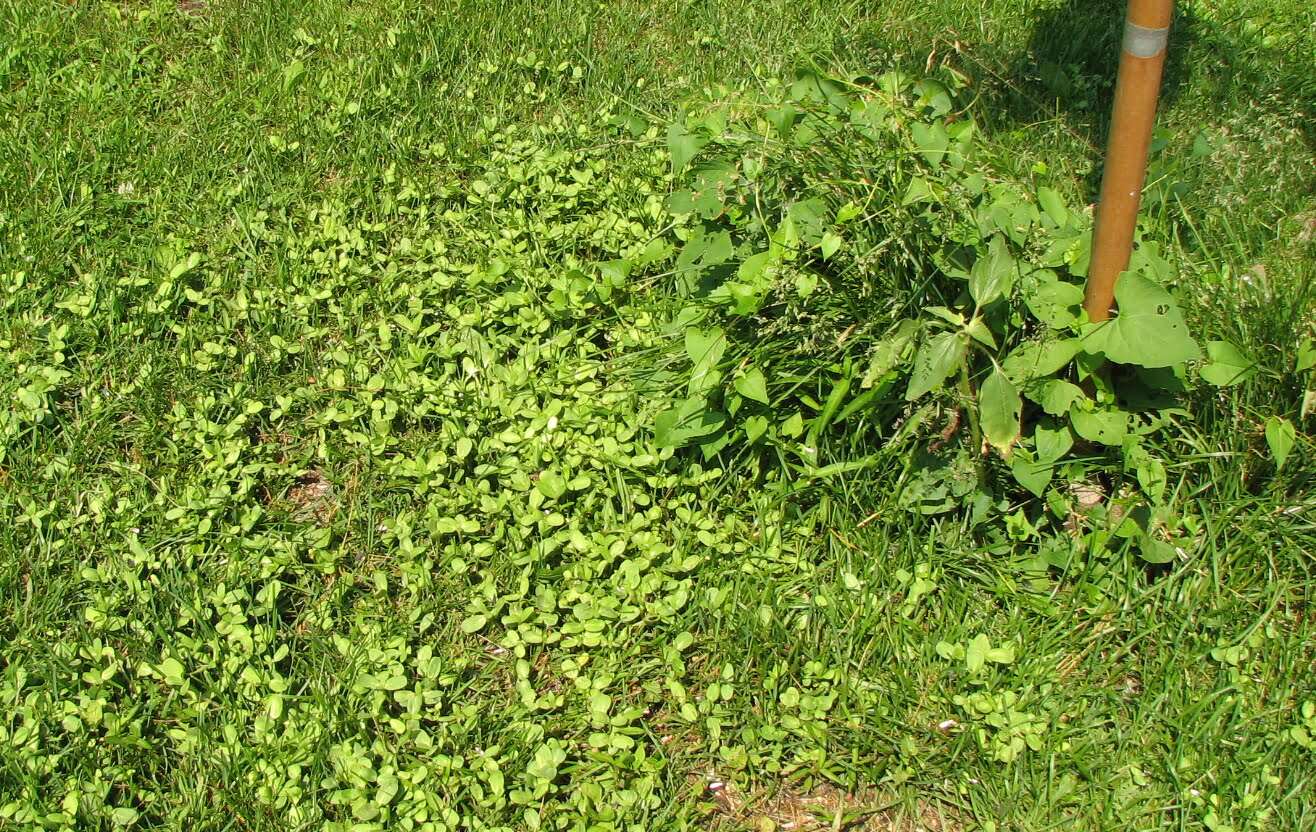
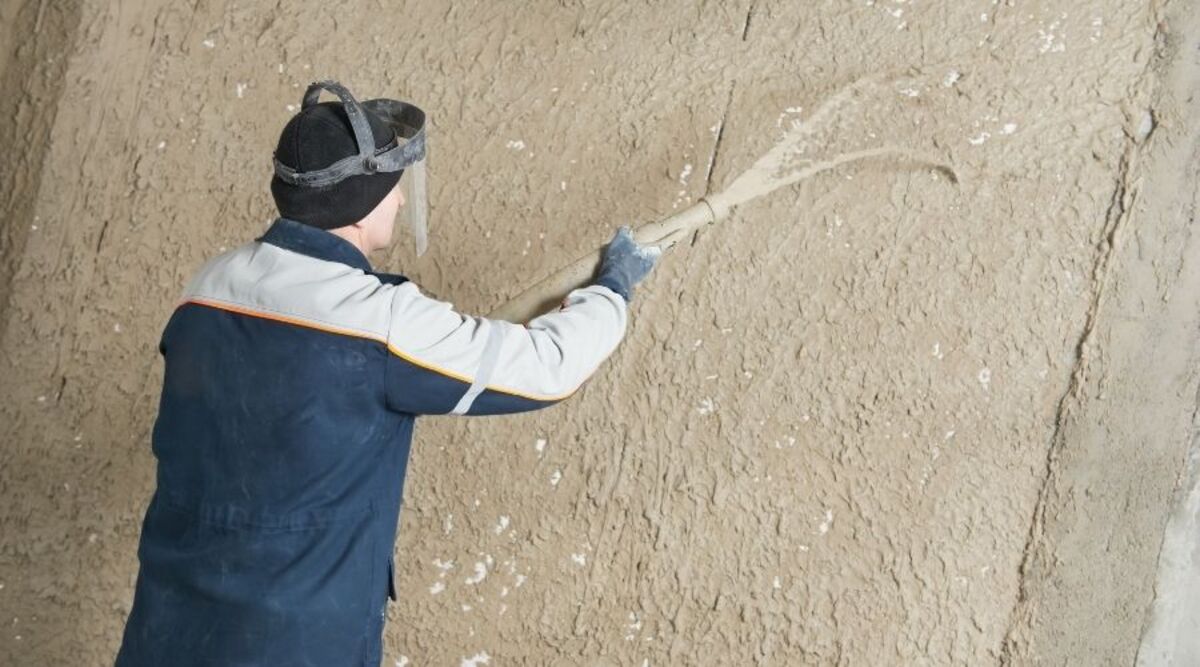
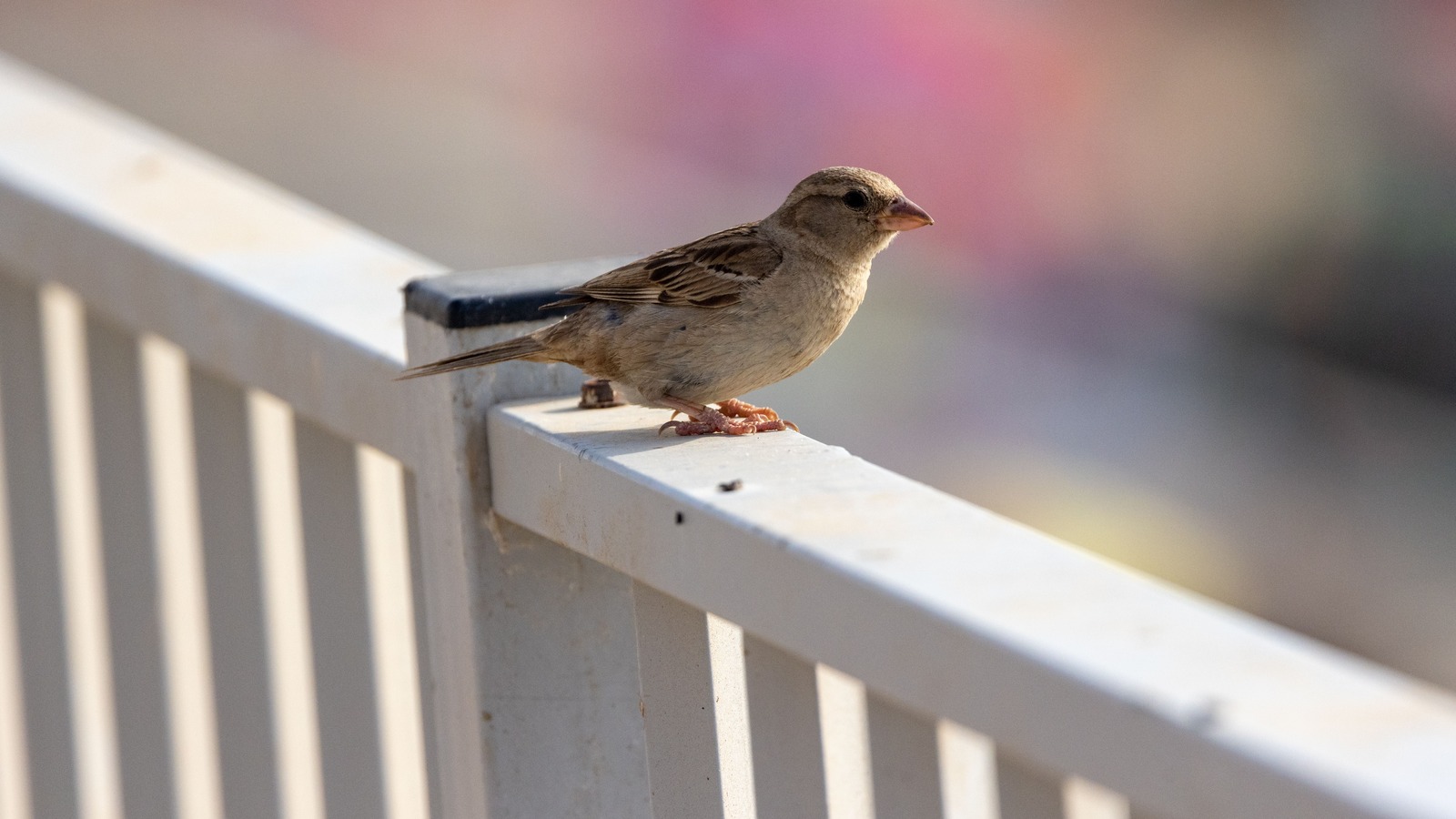
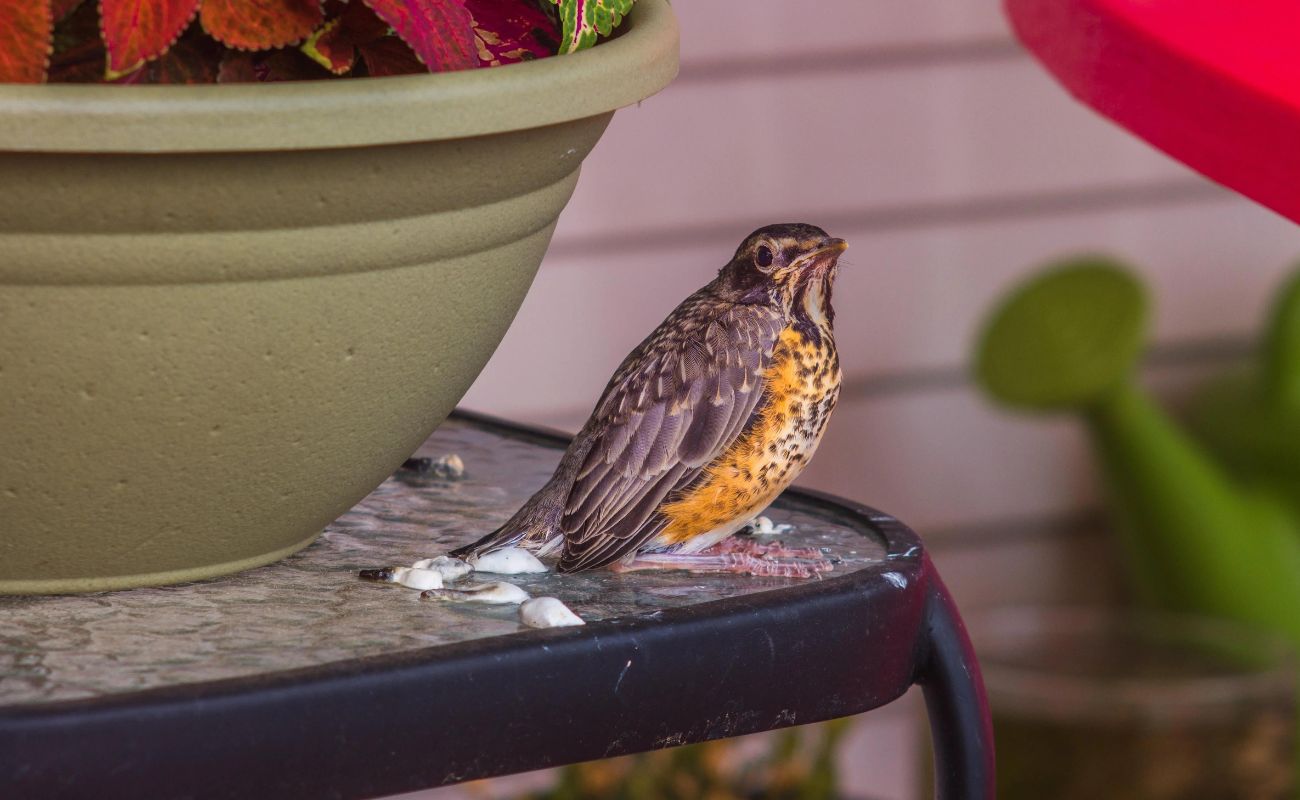

0 thoughts on “How To Stop Birds From Pooping On My Balcony”